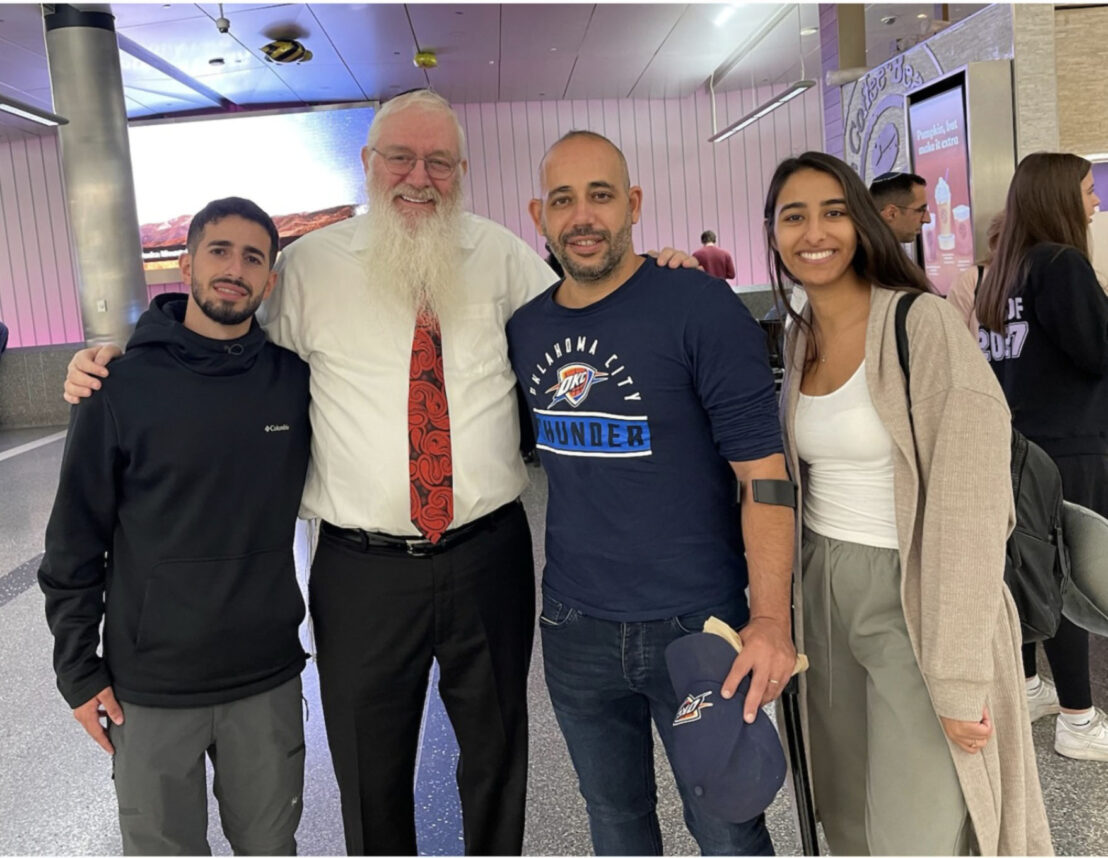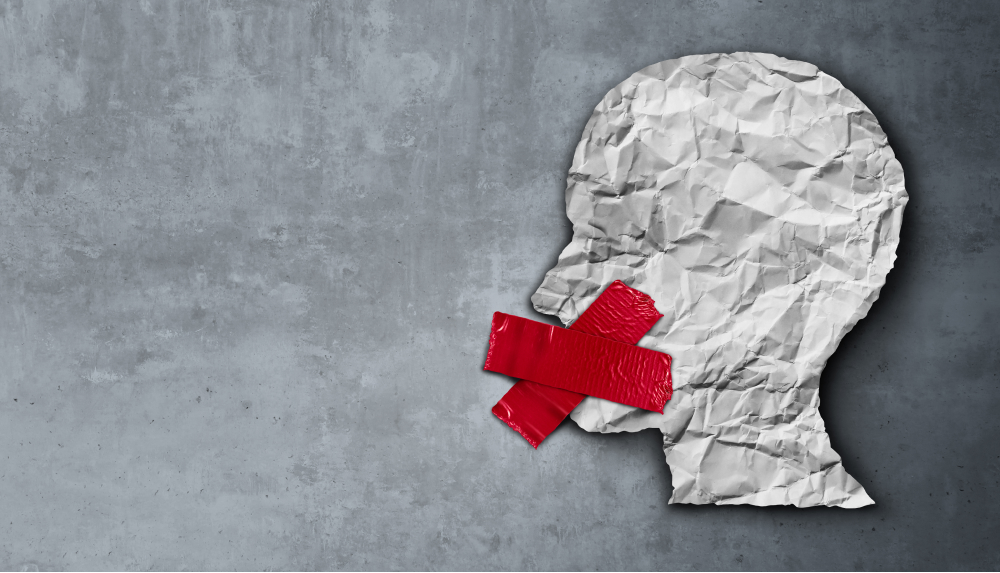Last weekend, thousands of Israeli Jews and Arabs demonstrated in Tel Aviv against a proposed loyalty oath that would require a pledge of allegiance by non-Jews to the “Jewish and democratic state of Israel.” On Oct. 18, Israeli Prime Minister Benjamin Netanyahu said the new amendment to the Citizenship Act, approved the previous week by Israel’s Cabinet by a vote of 22-8, should also include Jews seeking Israeli citizenship under the Law of Return.
Human rights groups and political organizations, in Israel and abroad, have slammed the amendment as racist.
The protesters marching Oct. 16 carried signs reading “Jews and Arabs refuse to be enemies” and “In Nuremberg it also began with legislation!”
Many of the demonstrators were from the Arab Israeli Hadash Party and the left-wing Meretz Party, who co-sponsored the march from Gan Meir Park to the Kirya Defense Ministry headquarters under the banner “Together Against Racism — Arab and Jewish March for Democracy.”
The amendment advances to the Knesset’s legislative committee before moving on to the full Knesset.
The loyalty oath amendment fulfills part of the government’s coalition agreement with Avidgor Lieberman’s Yisrael Beiteinu Party.
On Oct. 15, the main body of American Reform rabbis opposed the loyalty oath in a statement saying that it “would turn Israel into the very kind of country which historically Jews themselves have rightly cursed for their unequal treatment of non-Christians and non-Muslims. More than symbolic loyalty statements, Israel needs its non-Jewish citizens as partners in peace, equally invested in the future of the state.”
The Reform body represents about 2,000 U.S. rabbis.
What follows are two opinions on the issue.




















 More news and opinions than at a Shabbat dinner, right in your inbox.
More news and opinions than at a Shabbat dinner, right in your inbox.